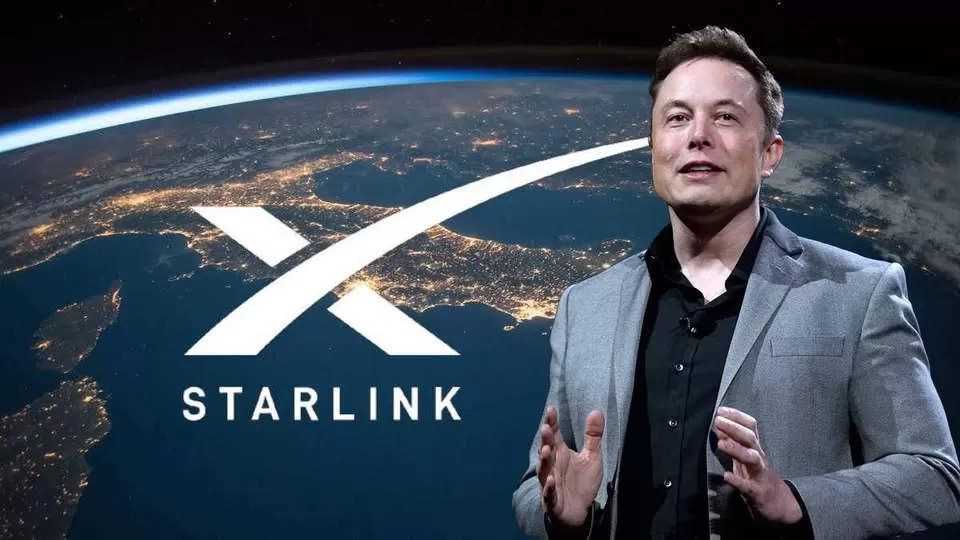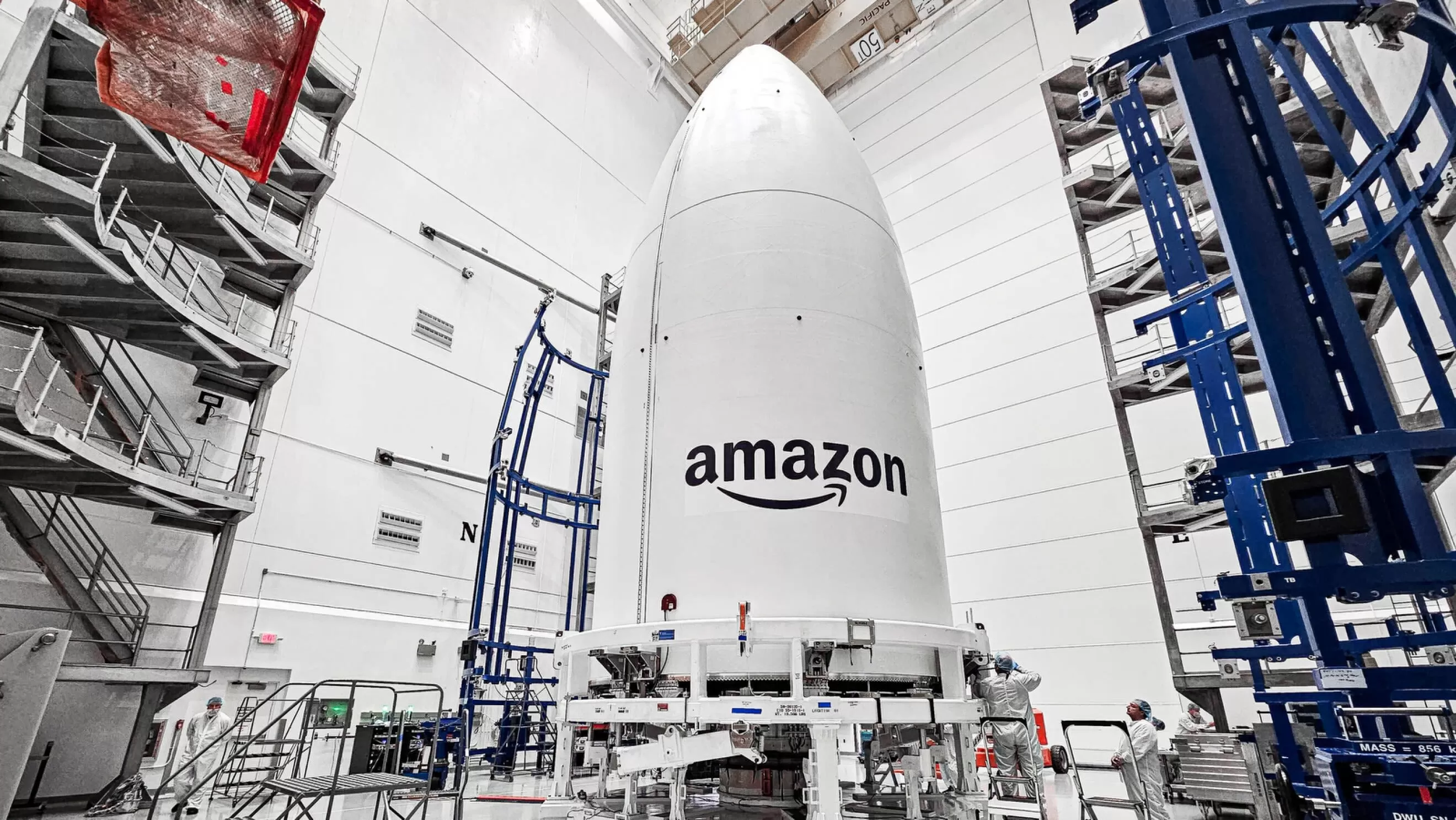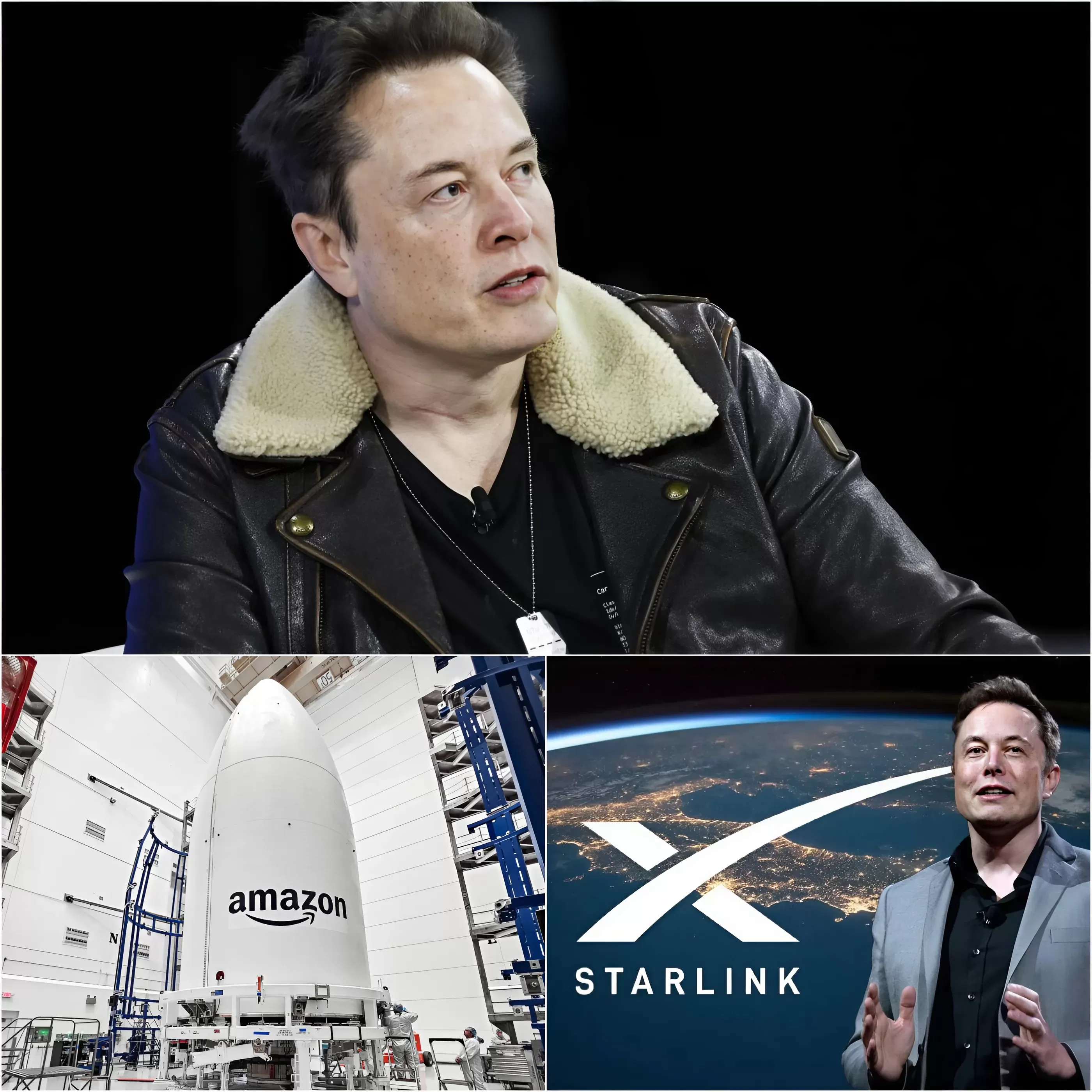Amazon is preparing to launch a $20 billion space project named “Project Kuiper” in a direct challenge to Elon Musk’s Starlink satellite internet service. The first wave of Kuiper satellites could be launched as early as next week, signaling the start of a new era in the race for global internet domination from space.

The tech giant has already secured 80 rocket launches that will deploy thousands of satellites into low Earth orbit (LEO) in the coming years. This massive deployment aims to establish a satellite constellation powerful enough to rival Starlink, Musk’s own ambitious project under the SpaceX banner.

According to Amazon, the goal of Project Kuiper is not just commercial success but also social impact. The company states that the project will provide “fast, affordable broadband to unserved and underserved communities around the world.” In other words, this is not only about competing with SpaceX—it’s about reshaping the digital landscape globally.

Amazon plans to begin offering high-speed internet to customers by the end of the year. While it’s not exactly plug-and-play—users will still need a terminal antenna to access the network—the company has developed various user-friendly models, including a compact seven-inch square dish. Weighing just one pound and capable of delivering speeds up to 100 Mbps, this model is designed for portability and affordability, particularly for customers on the move or in remote areas.
Larger antennas will also be available for more demanding applications, such as residential broadband and enterprise-grade connections. These devices promise speeds of up to 1 Gbps, and Amazon estimates it can produce them for under $400 each—a potential game-changer in the satellite broadband market.
In 2023, Amazon revealed that it had made significant progress in hardware development, unveiling the design of its customer terminals and emphasizing their versatility and affordability. These devices are integral to Amazon’s strategy to make Kuiper accessible to as many users as possible, regardless of geographic or economic barriers.
Rajeev Badyal, Vice President of Project Kuiper, shared insights into the company’s strategy and ambitions. “We’ve conducted extensive ground testing to prepare for this first mission,” he said. “But there are some things you can only learn once you’re in flight. This will be our first time flying the final satellite design and deploying multiple satellites at once.”
He added, “No matter how the mission goes, this is just the beginning of our journey. We have a lot to learn and adapt to as we gear up for additional launches in the coming years.”
The stakes are high. Starlink, which began satellite launches in 2019, currently operates the largest LEO satellite constellation in the world. With over 7,000 satellites already in orbit and coverage across more than 100 countries and territories, Starlink has firmly established itself as the dominant force in space-based internet services.
But Amazon is undeterred. With deep financial resources, a massive logistics network, and its own powerful cloud infrastructure (AWS), the company believes it has the tools necessary to build a viable alternative. If Kuiper succeeds, Amazon could become a key player in connecting the billions of people still lacking reliable internet access—a market that could generate enormous profits while delivering a massive global impact.
The rivalry between Musk and Amazon founder Jeff Bezos adds another layer of intrigue to this high-stakes space race. Bezos’ own space company, Blue Origin, has struggled to keep pace with SpaceX’s rapid development and launch cadence. Now, Amazon’s entry into the satellite internet market represents a more direct confrontation.
While Elon Musk has yet to offer a detailed response to the Kuiper project’s latest developments, he has previously taken jabs at Amazon’s efforts in space. In the past, Musk has referred to Bezos as a “copycat” and mocked delays in Blue Origin’s progress. However, the scale and seriousness of Project Kuiper suggest that Musk—and SpaceX—can no longer afford to ignore Amazon’s ambitions.
As Amazon prepares for its inaugural Kuiper launch, the world will be watching closely. If successful, this mission could be the first step in a dramatic reshaping of how people across the globe access the internet.
One thing is clear: the battle for the skies is only just beginning. And with tens of billions of dollars at stake and two of the world’s most powerful tech giants involved, the satellite internet war is shaping up to be one of the defining technological rivalries of our time.





